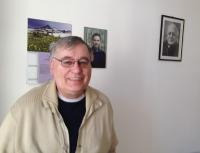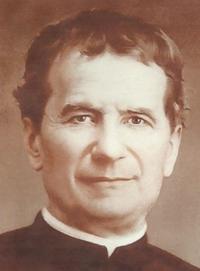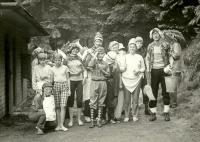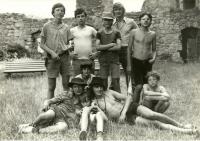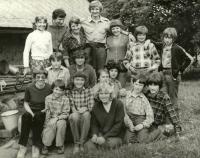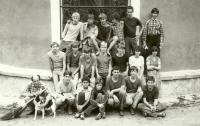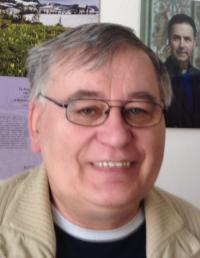When you live for others, you are happy

Stáhnout obrázek
Pavel Kadlečík was born on December 20, 1953 in Prague-Vršovice. His mother and father worked as tailors. After completing elementary school he continued in his studies at the secondary school of mechanical engineering in Vršovice. From 1974 he worked as a train driver. After completing reduced army service in the Auxiliary Technical Battalions in 1977 Pavel began working in the Aircraft Maintenance company in Prague-Letňany. In 1980 he found a job in the company Metrostav, where he worked until 1990. From 1978 he has been involved in developing undercover Salesian mission in Czechoslovakia. Together with Karel Herbst he was organizing summer camps for young people and he was secretly ordained a Salesian priest. He conducted his study in the form of lectures held in private apartments. In 1990 he became a member of the Salesian community in Rumburk where he still lives today.
